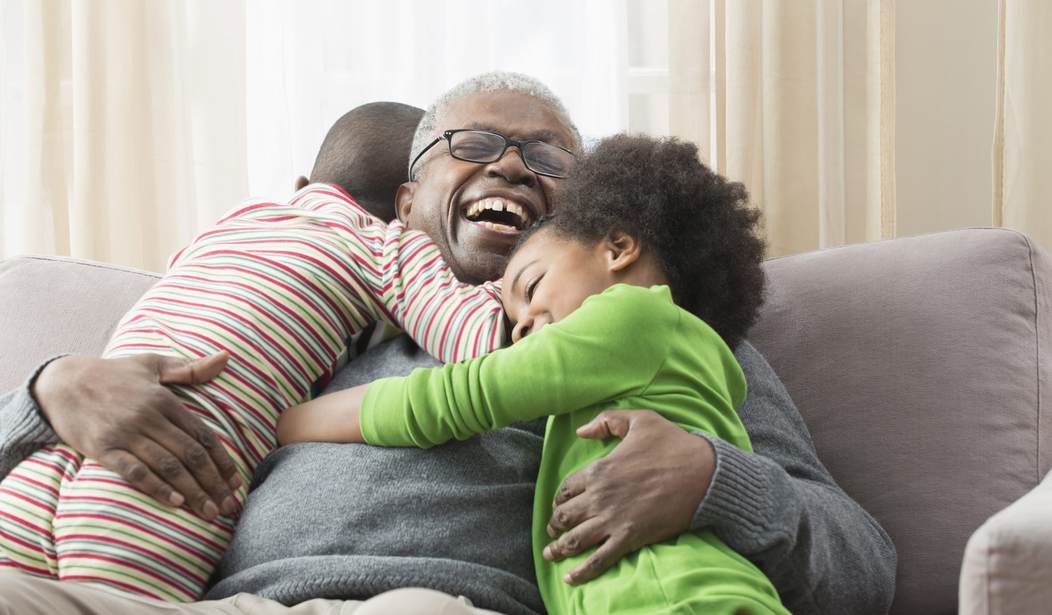When I hit college I was introduced to hugging culture. My peers, girls especially, hugged everyone. To me, it was rather strange. I’d grown up in a household where hugging was plentiful. My mother was like Beverly Goldberg, always itching for a hug when we woke up, came home from school, or were just sitting at the kitchen table doing our homework. As a child, I lavished cuddles on my baby dolls, something I’m happy to say I do with my own son today. My parents never shied away from hugging one another and doing the “family hug” when we were all together. Our son now regularly pushes his father and me together for those same family hugs. For me, hugging was and will always be a normal part of family life. But friends? Really? How do you hug someone you barely know?
Eventually I came to realize that re-defining a hug in terms of friendship instead of family life was what confused me the most. For me, hugging was reserved for those you lived with, not the people you hung out at the mall with on a Saturday afternoon. Now, nearly 20 years later, we’re being told to re-contextualize hugging again. This time, we’re supposed to see an affectionate pat on the back as a form of sexual encounter that requires consent. If viewing a hug as a friend thing was awkward, this new definition is downright creepy.
The Girl Scouts of America has posted a warning to parents on their website that advises:
Holidays and family get-togethers are a time for yummy food, sweet traditions, funny stories, and lots and lots of love. But they could, without you even realizing it, also be a time when your daughter gets the wrong idea about consent and physical affection. … Think of it this way, telling your child that she owes someone a hug either just because she hasn’t seen this person in a while or because they gave her a gift can set the stage for her questioning whether she ‘owes’ another person any type of physical affection when they have bought her dinner or done something else seemingly nice for her later in life.”
Since when does a present from Grandma equate to a relative stranger buying you dinner on a date 10 or 15 years down the road? That’s one hell of a leap in reasoning. Equating a hug from an uncle or aunt to making out with a guy isn’t just gross, though; it’s downright absurd.
Over time I’d learn that many of my college peers sought hugs from one another because they didn’t really get many (if any at all) at home. Mine was the latchkey generation — kids who often got themselves to and from school by themselves while parents worked. Instead of family hugs, these kids spent a lot of time shuffling from divorced mom’s house to remarried dad’s on the weekend. Friends were reliable in ways that family, parents especially, were not. Therefore, the affection they needed from parents was sought out through friends.
If a girl grows up to seek out or give out a hug or more to a guy later in life, chances are it’ll be because she wasn’t hugged enough at home by parents. Not because she was “forced” to kiss grandma on the cheek or give her uncle a pat on the back. When a parent instructs a child to give a hug to her 85-year-old great grandmother, they’re doing precisely what they should: defining and contextualizing appropriate forms of affection based on human relationship. The holiday contextualizes the gift. The response contextualizes the relationship.
On the other hand, if you go around encouraging your tween daughter to hug all of her friends, be ready for her to start hugging boys, too. Because, in this day and age of ambiguity, boys and girls can be, like, friends too, right? And if friends hug each other, why can’t they…









Join the conversation as a VIP Member